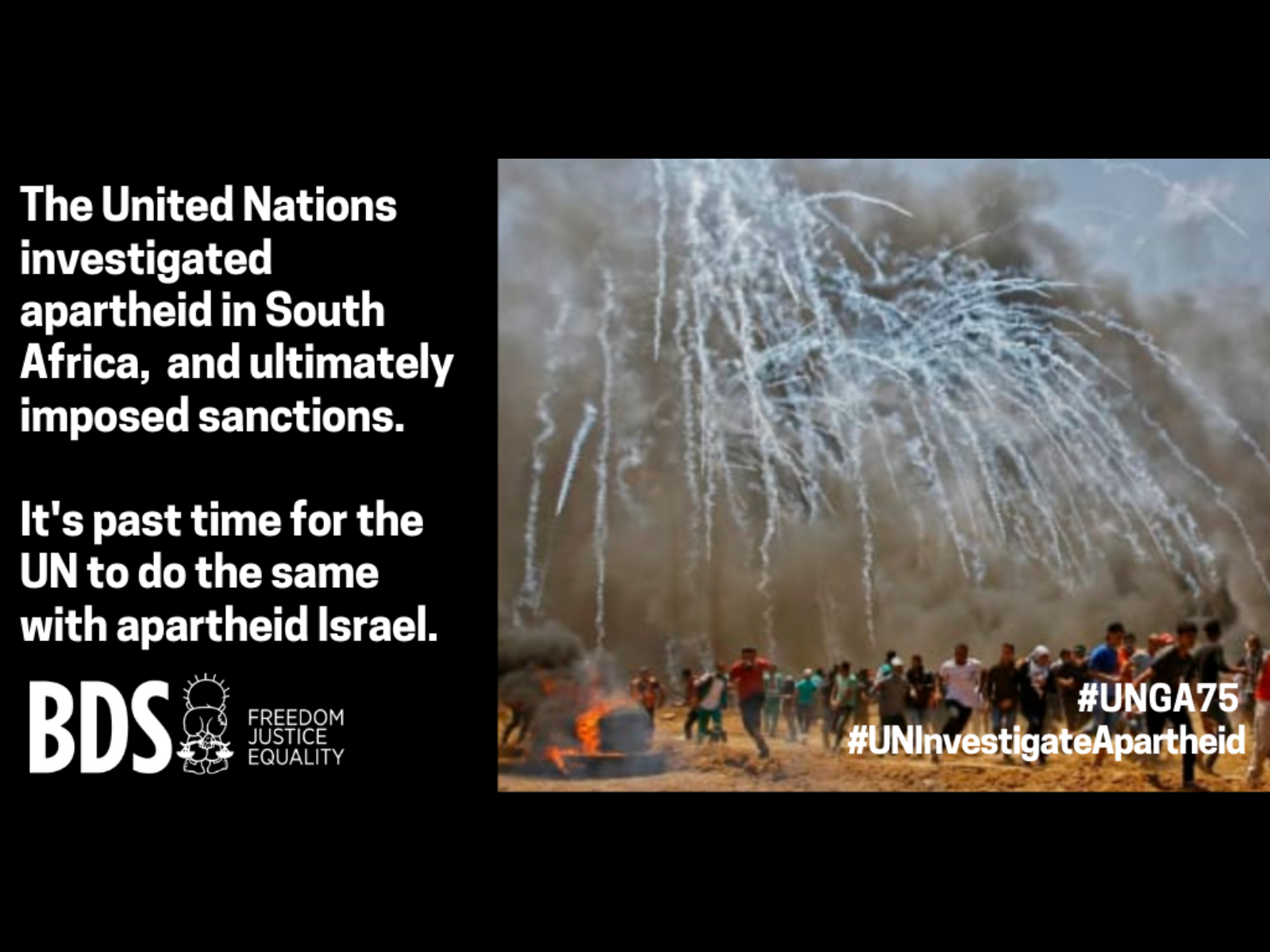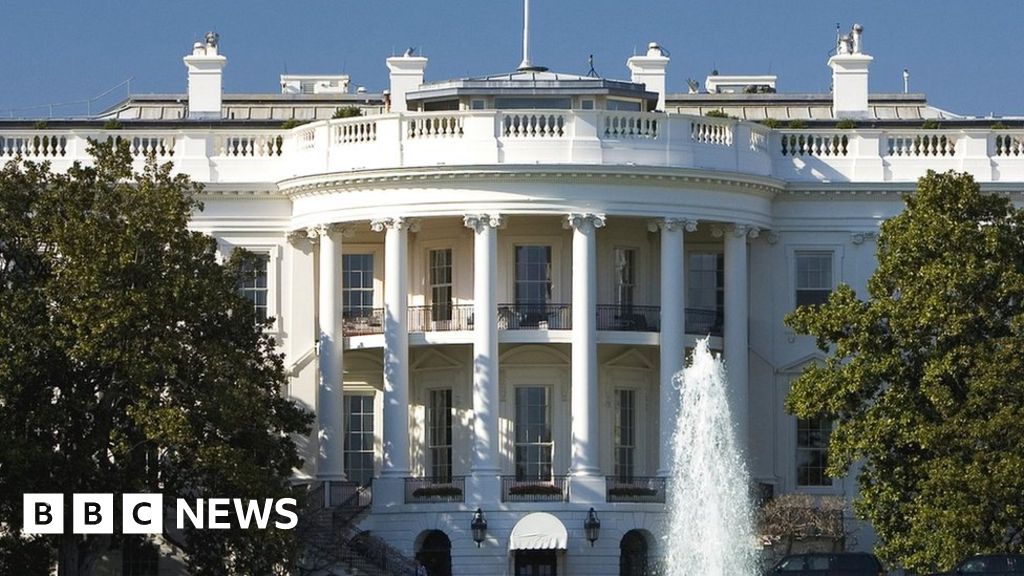Ramaphosa's Decision: A Commission To Investigate Apartheid-Era Atrocities

Table of Contents
The Rationale Behind the Commission
The establishment of this commission to investigate apartheid-era atrocities stems from a deep-seated need for truth, reconciliation, and redress for victims of apartheid violence. Decades after the end of apartheid, many cases of human rights abuses remain unresolved, leaving a legacy of pain and suffering for countless individuals and families. This investigation into apartheid-era crimes aims to address this lingering injustice.
- Unresolved cases of human rights abuses during apartheid: Thousands of cases of murder, torture, disappearances, and other human rights violations remain uninvestigated and unpunished.
- Need for closure for victims and families: The commission offers a vital opportunity for victims and their families to seek justice, obtain acknowledgment of their suffering, and begin the process of healing.
- Promoting national healing and reconciliation: Addressing past injustices is crucial for fostering national unity and reconciliation in a society still grappling with the legacy of apartheid.
- Addressing historical injustices and systemic inequalities: The commission's work can help identify the root causes of systemic inequalities that persist in contemporary South Africa and inform strategies for redress.
- Strengthening the rule of law and accountability: Holding perpetrators accountable for their crimes is essential for upholding the rule of law and preventing future human rights abuses.
This decision comes against a backdrop of persistent calls from civil society organizations and human rights groups for justice. While the Truth and Reconciliation Commission (TRC) played a significant role in acknowledging past atrocities, its limitations in terms of prosecutions and redress have fueled renewed demands for accountability. The current political and social climate reflects a growing determination to confront the unresolved issues of the apartheid era.
Scope and Mandate of the Commission
The commission's mandate will encompass a broad range of apartheid-era atrocities. The investigation into apartheid-era crimes will likely focus on various areas, including:
- Specific crimes and perpetrators to be investigated: This includes, but is not limited to, police brutality, assassinations, massacres, and other acts of violence committed by the apartheid regime.
- Timeframe of the investigation: The commission will likely cover the entire period of apartheid, from its inception to its official end.
- Powers of the commission: The commission will be granted extensive powers, including the ability to subpoena witnesses, compel testimony, and access relevant documents. The commission will need sufficient subpoena power to overcome resistance to cooperation.
- Mechanisms for victim participation and redress: The commission should establish clear mechanisms for victims to participate in the process and seek appropriate forms of redress, including financial compensation, apologies, and reparations.
- Potential legal frameworks to be used for prosecutions: The commission's findings may inform future prosecutions under existing legal frameworks or may lead to the development of new legal mechanisms to address these historical crimes.
Identifying perpetrators and gathering evidence after such a long period presents significant challenges. Many witnesses may have passed away, memories may have faded, and relevant documents may be lost or destroyed. The limitations of the existing legal system in addressing these historical crimes also pose a considerable hurdle.
Challenges and Potential Obstacles
The commission faces numerous challenges that could hinder its success. These include:
- Securing adequate funding and resources for the investigation: A large-scale investigation of this nature requires substantial financial and human resources.
- Protecting witnesses from intimidation and retaliation: Witnesses may be hesitant to come forward due to fears of intimidation or retribution from former perpetrators or their associates.
- Ensuring impartiality and independence of the commission: The commission must be free from political interference and operate with complete impartiality to ensure the credibility of its findings.
- Navigating potential political interference and manipulation: There's a risk that political actors may attempt to influence the commission's work for their own ends.
- Addressing logistical challenges in conducting a large-scale investigation: Managing the logistical complexities of a large-scale investigation, including witness interviews, evidence gathering, and report compilation, will require careful planning and execution.
The potential political ramifications of the commission's findings are considerable, and resistance from certain factions is likely. Transparency and public accountability are crucial to maintaining the legitimacy and impact of the commission's work.
International Implications and Comparisons
The South African commission can learn from similar commissions of inquiry in other countries. Examples of successful transitional justice mechanisms in countries like Argentina, Rwanda, and Cambodia offer valuable lessons and best practices. International support and cooperation can also be crucial in providing expertise and resources. The international implications of the commission's findings are significant, impacting South Africa's international standing and its commitment to human rights.
Conclusion
President Ramaphosa's decision to establish a commission to investigate apartheid-era atrocities is a momentous step towards achieving justice and reconciliation in South Africa. The commission's mandate is ambitious, encompassing a wide range of crimes and addressing the need for truth, redress, and national healing. However, the commission faces significant challenges, including resource constraints, witness protection, and potential political interference. The success of this investigation into apartheid-era crimes hinges on securing adequate resources, ensuring the commission's independence, and fostering public trust and participation. Support for the commission's work is paramount to ensuring its effectiveness in achieving justice and accountability for victims of apartheid-era atrocities. We must all stay informed about the commission's progress and actively participate in discussions about truth and reconciliation in South Africa. The pursuit of justice regarding these past atrocities is crucial for a more just and equitable future. Let's actively participate in ensuring a thorough investigation into apartheid-era crimes.

Featured Posts
-
 Rodons Strong Start Leads Yankees To Victory Over Guardians
May 01, 2025
Rodons Strong Start Leads Yankees To Victory Over Guardians
May 01, 2025 -
 Little Coffee Secures Four Investment Offers From Dragons Den
May 01, 2025
Little Coffee Secures Four Investment Offers From Dragons Den
May 01, 2025 -
 Derrick White Leads Celtics To Victory Against Cavaliers 4 Important Observations
May 01, 2025
Derrick White Leads Celtics To Victory Against Cavaliers 4 Important Observations
May 01, 2025 -
 Bibees Resilience Guardians Overcome Yankees In Thrilling Matchup
May 01, 2025
Bibees Resilience Guardians Overcome Yankees In Thrilling Matchup
May 01, 2025 -
 White House Cocaine Secret Service Concludes Investigation
May 01, 2025
White House Cocaine Secret Service Concludes Investigation
May 01, 2025
